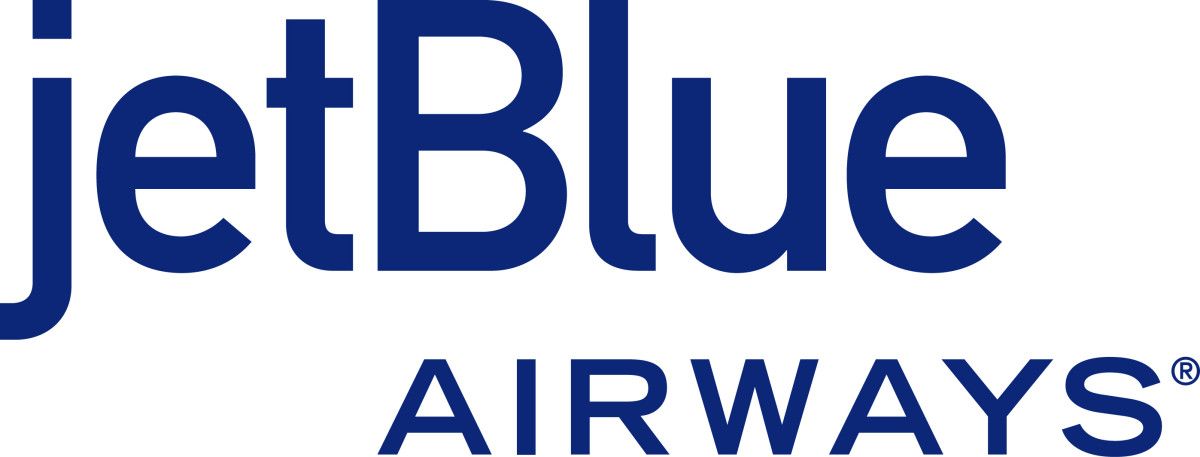Experiment with your business model. What’s the worst that can happen?
When it comes to innovation, experimentation is expected except when it comes to your core business model. This is one of those sacred cows that shouldn’t be touched. The results from a well-designed experiment of business model innovation can be a real eye opener. Take Jet Blue as an example. La

When it comes to innovation, experimentation is expected except when it comes to your core business model. This is one of those sacred cows that shouldn’t be touched. The results from a well-designed experiment of business model innovation can be a real eye opener.
Take Jet Blue as an example. Last July, they announced a promotion called BluePass that would allow travellers unlimited flights in a three-month span for one fixed price. The three-month promotional period runs from August 22nd to November 22nd. Travellers have three plans to choose from:
- Three months of unlimited travel between JetBlue's Boston hub and any JetBlue city, all for $1,999.
- Three months of unlimited travel between JetBlue's Boston hub and any of 13 selected JetBlue cities (none west of Chicago), this time for $1,499.
- Three months of unlimited travel between JetBlue's Long Beach, California hub and any of nine selected JetBlue cities (none east of Chicago) for $1,299.
You may be wondering who would go for such a pricing option. Based on the advertising and promotion put around the offer, it was clearly aimed at the frequent business traveler. What caught my attention was Jet Blue’s willingness to perform a business model experiment this extreme. They weren’t looking to tweak the pricing model. Instead, they framed an experiment that tested the boundaries.
At the same time, they weren’t being reckless. They limited their downside risk by restricting the total number of passes they sold under the promotion.
Experiment with your business model. If you don’t, others will and they will take over your industry.
Phil McKinney
Will this become a standard offering from Jet Blue? We will have to wait and see. My hope is that it wakes up other organizations to get out of the rut of the expected business model and go experiment.
If you don’t, someone else will and the result is that you will be watching them take over your industry.




